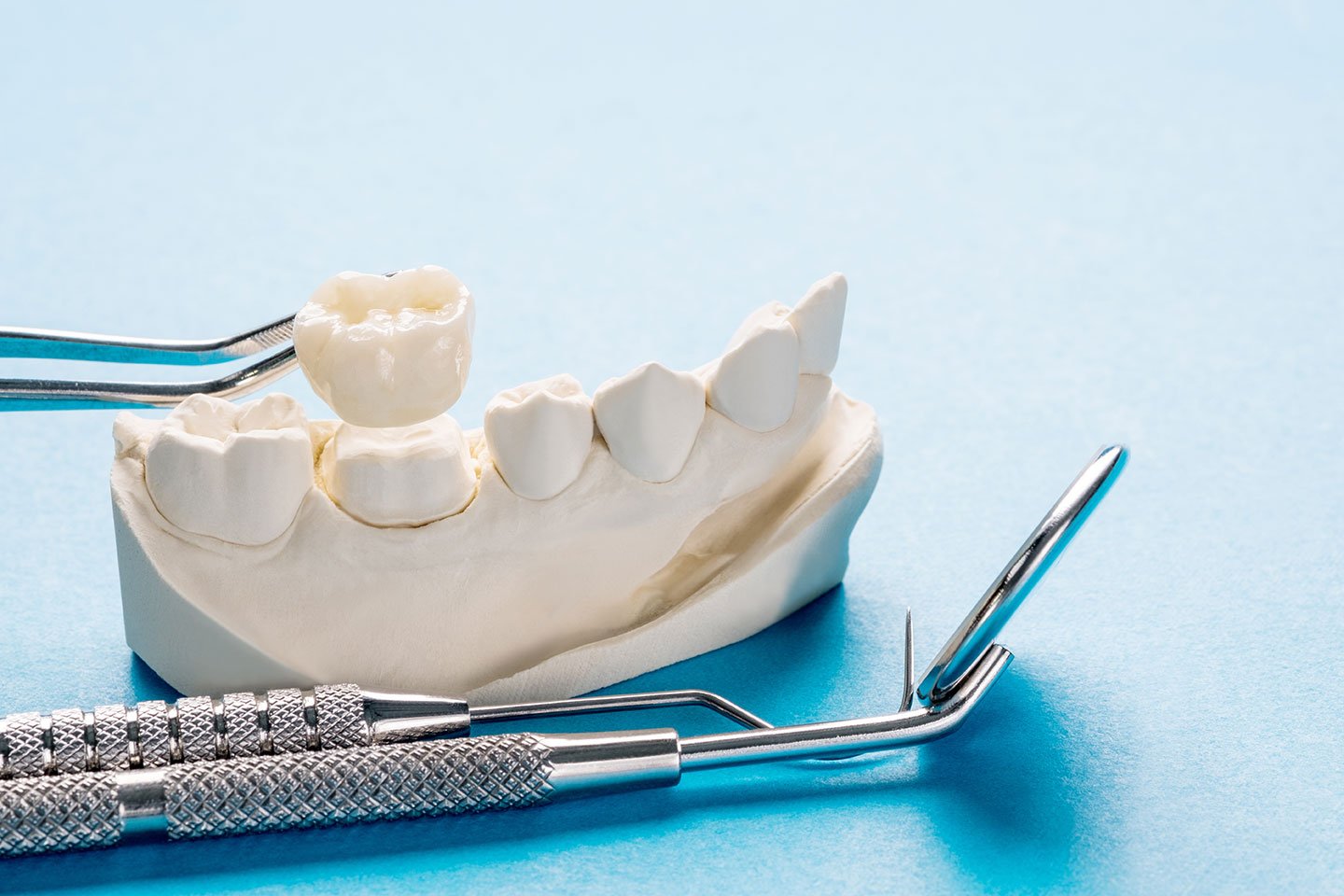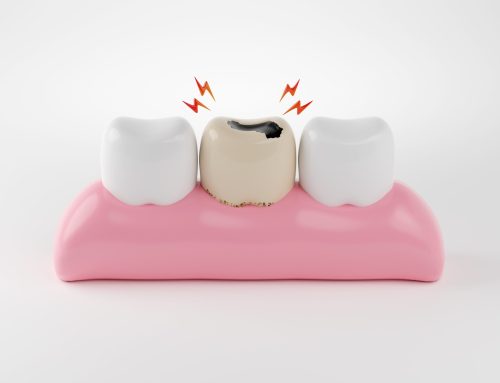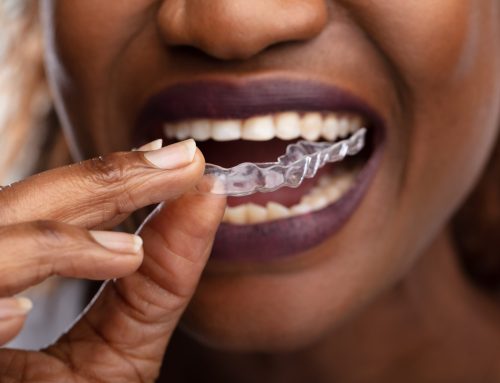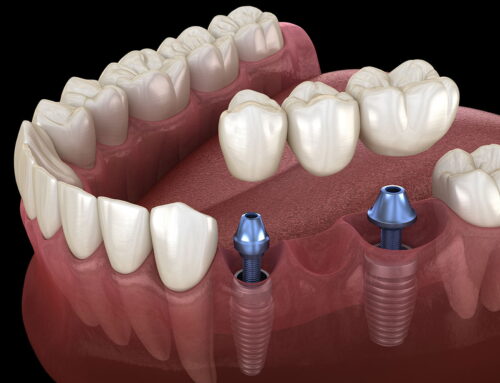Our teeth naturally deteriorate over time, no matter how meticulous your oral hygiene routine is. Thankfully, there are many solutions that will give you the appearance and feel of your natural teeth if you’ve had an injury, aren’t happy with the look of your smile, or your dentist discovered you have a weak tooth. Read on to learn about a popular solution millions of Canadians have turned to – the dental crown.
What is a Dental Crown?
A dental crown can be made to look just like your natural tooth, depending on the material used. Think of it like a cap that fits snugly over your tooth or artificial root (aka an implant). Many people consider a dental crown with their dentist as a restoration solution to improve a tooth’s strength and appearance. If your tooth has been damaged from a variety of causes, this may be the best route for your oral health.
Why your dentist may recommend a dental crown
Your dentist may recommend a dental crown if your tooth is vulnerable to more damage, you feel pain while chewing, or you’re looking for an aesthetic solution to chips, cracks, or discolouration. Some reasons a dental crown may be the best fit include the following:
- Covering a dental implant.
- A cosmetic fix for a misshapen or discoloured tooth.
- Protect a restored tooth after a root canal procedure or a large filling.
- Protect a tooth that has been chipped, cracked, or has become weak.
- Holding a dental bridge in place.
Types of dental crowns
A dental crown can be made from several materials that vary in cost, durability, and appearance. Your dentist may recommend one over the other based on the tooth’s location, function, and surrounding gum tissue.
Metal dental crown
A metal dental crown can be made from materials such as gold, chromium, nickel, or even stainless steel. They’re durable and perfect for back molars that assist with chewing. The downside is gold crowns can be more expensive, and they don’t match the colour of the rest of your teeth. Stainless steel crowns are commonly used for children as temporary crowns since they’ll simply fall out when the permanent teeth come in.
Porcelain-fused-to-metal dental crown
The porcelain-fused-to-metal crowns are the best combination for strength and appearance. They’re used for front or back teeth where you’ll need extra support and are made up of both metal and porcelain. The porcelain part will match the colour of adjacent teeth; however, that means those areas are more prone to chipping or breaking.
There is a risk the metal could show through near your gum line if they recede due to gum disease or other conditions.
Poreclain and ceramic dental crowns
Porcelain and ceramic dental crowns are the most popular option because they are the closest to natural-looking teeth. They’re just as strong as your porcelain-fused to metal crown options.
All-resin dental crowns.
A resin dental crown is typically fragile due to its likeliness to chip and wear down, but it is the least expensive option compared to other materials.
Temporary dental crown
Your dentist can make a temporary crown right in their office! Depending on what type of permanent crown you’ve opted for, a temporary crown will likely be part of the process while you wait for your new one from the lab. These are typically made with stainless steel or an acrylic-based material.
Temporary crowns are much weaker than permanent ones, so you’ll need to take extra precautions to protect the tooth. This includes:
- Avoiding too much pressure when brushing and using a soft bristle brush vs an electric toothbrush.
- Chewing on the other side of your mouth as much as possible.
- Flossing carefully, sliding the floss rather than pushing in and out.
- Avoiding hard and sticky foods. Definitely no chewing on ice.
Your dental crown’s lifespan will depend on how well you take care of it and the material used. They typically last over 15 years, with metal crowns outlasting other materials.
A dental crown can help prevent further decay and is a safe and effective solution for cosmetic as well as functional purposes. If you have pain while chewing, discolouration, chips, cracks, or aren’t happy with the look of your smile, our dentists can help you find the best options. The longer you wait, the bigger the problem you’ll need to address. Contact us to book an appointment and find out more about the process.
Do you have any questions about getting a dental crown? Have you considered solutions for cracks, chips, or discolouration? Share your thoughts in the comments below.





